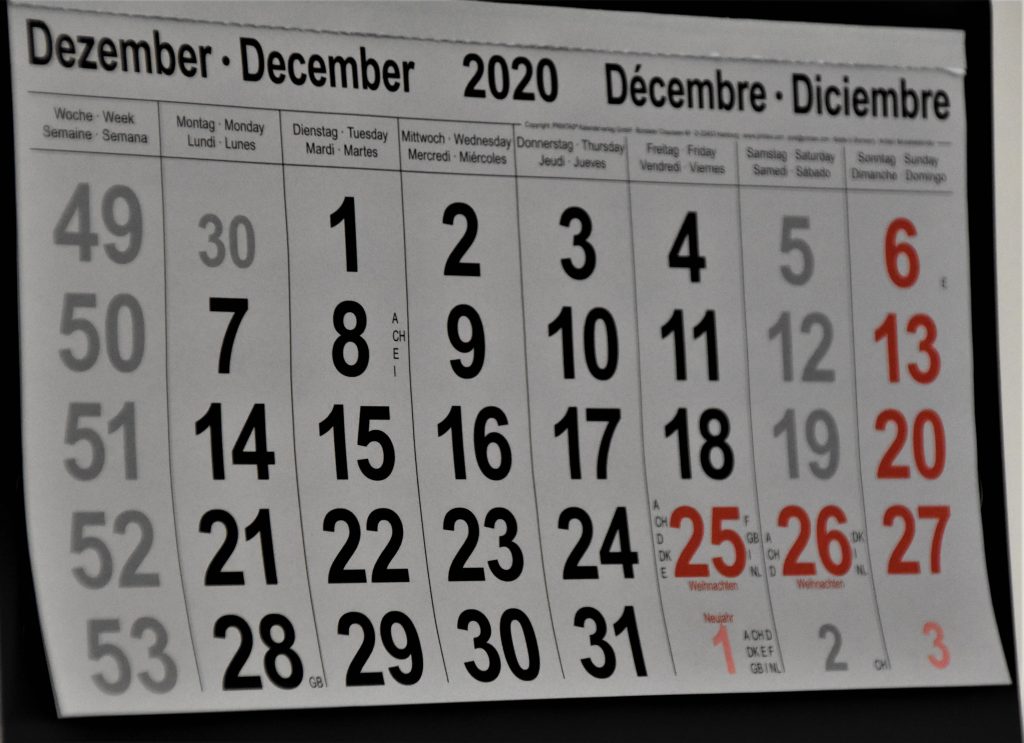
Last month was a busy one for copyright law (although we cannot fault you if you were distracted by other things going on in the world!). Now that the dust has settled on 2020, we are pleased to share this roundup of copyright developments that happened during the final weeks of last year. First, we saw a new draft bill seeking to reform the Digital Millennium Copyright Act (“DMCA”), and second, we saw two new copyright provisions included within the year-end stimulus package.
The Digital Copyright Act of 2021
In late December 2020, Senator Thom Tillis released a draft bill which aimed to make several reforms to the DMCA. Senator Tillis released this bill after posing a series of questions for stakeholders regarding how the DMCA could be reformed to reflect the needs of copyright holders and the state of the world 22 years after the DMCA was passed. Authors Alliance submitted a response to these questions, as did a multitude of other organizations and individuals. Our response cautioned against a notice-and-staydown system, and instead advised Senator Tillis that copyright law should seek to align the interests of individual creators with the interests of the public for whom they create. We also suggested several existing and new temporary exemptions to DMCA section 1201’s prohibition on bypassing technical protection measures that could be made permanent, and supported a proposal to streamline the section 1201 rule-making process. Finally, we argued that any reforming legislation should require a nexus between the relevant use and copyright infringement for there to be a violation of section 1201.
Senator Tillis’s bill proposes many reforms to copyright law, and unfortunately incorporates few of our suggestions. Most concerningly, the bill replaces the current “notice-and-takedown” system with a “notice-and-staydown” system whereby, once a copyright holder notifies a service provider that they believe a particular use is infringing, the service provider must remove all subsequent infringing uses unless the user makes a statement that the use is licensed or otherwise authorized by law (such as being a fair use). The draft bill also lowers the specificity required in takedown notices, establishes the Copyright Office as a division of the Department of Commerce, limits liability for users who use orphan works after a diligent but unsuccessful search for the copyright holder, and makes changes to the Copyright Office’s triennial rule-making process and exemptions on the DMCA’s prohibition on bypassing technical protection measures with the aim of streamlining the process. Senator Tillis has invited stakeholders to submit reply comments to the draft bill by March 5th.
Copyright Alternative in Small-Claims Enforcement Act of 2020 (CASE Act)
The year-end stimulus package included a provision Authors Alliance has spoken out against before: The CASE Act, co-sponsored by several members of Congress. In short, the CASE Act creates a small claims tribunal—known as the Copyright Claims Board (“CCB”)—within the Copyright Office for copyright disputes as an alternative to pursuing copyright claims in federal court. Proponents of the CASE Act argue that it will help individual creators, who often cannot afford the expense of bringing litigation in federal court, but are more likely to be able to afford the lesser costs associated with pursuing the dispute in the CCB. A more accessible forum for resolving copyright disputes is an admirable goal, but the CASE Act seeks to achieve it in a way that is, in our view, extremely flawed. The CASE Act allows for excessive damages, does not provide for review by a court in most cases, and the overall scheme is one we fear will invite litigation by copyright trolls.
In September 2019, we wrote to Congress voicing our concerns about the CASE Act, but unfortunately it was signed into law last month as part of the year-end stimulus package, leading critics to note that it had little to nothing to do with the “must-pass spending bill.” The CCB is set to begin operations by the end of December 2021, unless the Copyright Office makes the determination to delay implementation.
Protecting Lawful Streaming Act of 2020
Also included in the year-end stimulus package was a provision known as the Protecting Lawful Streaming Act. The Act—sponsored and led by Senator Thom Tillis and Senator Patrick Leahy—targets and punishes “commercial, for profit” services that stream large amounts of copyrighted content without proper authorization. Senator Tillis has said that these services cost the U.S. economy billions of dollars annually. The provision drew attention in part because of its harsh penalties—violators can be sentenced to up to 10 years in prison.
The Protect Lawful Streaming Act is not intended to apply to individual Internet users who access such unauthorized streams, and co-sponsor Senator Leahy has characterized the law as a “narrow” one which only “target[s] only commercial, for-profit criminal privacy.” Critics have noted that there is no glaring need for harsher criminal penalties for copyright infringement, which can already be incredibly costly for alleged infringers, but also acknowledged that the Act is narrow enough that it is unlikely to create liability for individual users or institutional actors acting in good faith. This law is also unlikely to directly negatively affect authors, though we are always wary of expanding copyright liability where there may not be a particular need.
Discover more from Authors Alliance
Subscribe to get the latest posts sent to your email.
